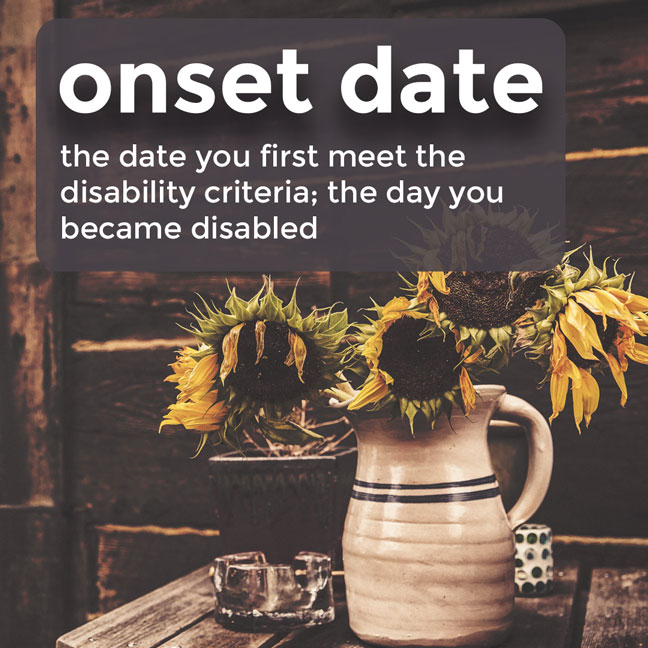How Does a Personal Journal Help My Disability Application?

Often overlooked and rarely required, a personal journal may be the last thing you think the Social Security Administration (SSA) wants to read in your highly formal disability application. However, the benefits of keeping track of your pain, suffering, and daily activities with your disability may help strengthen your application and get you approved.
What to Record in Your Personal Journal

 Perhaps the most helpful thing to record in your disability journal both for your own benefit and to help file your application is the onset date of your disability. The onset date is the day you stopped being able to work because of your disability, whether you were injured on a specific day or received a diagnosis of a gradually worsening condition.
Perhaps the most helpful thing to record in your disability journal both for your own benefit and to help file your application is the onset date of your disability. The onset date is the day you stopped being able to work because of your disability, whether you were injured on a specific day or received a diagnosis of a gradually worsening condition.
When picking an onset date, your personal journal that recorded pain and inability to perform daily tasks will help inform you when you started to have significant medical evidence of a disability, and could improve your chances of being approved.
You should record information about your daily activities, medications, doctor’s appointments, and any changes in your health or condition in your personal journal. Putting all this information in one place will help you file an organized disability application with ease.
In addition to major events, record any flashes of pain and what you were doing at the time. Describe the location and intensity of the pain (you can even create your own rating scale) as well as other symptoms and side effects you experience — like fatigue, dizziness, or gastrointestinal issues.
If you experience mental issues, include them in your journal as well. Regardless of whether your disability is primarily physical or not, a combination of mental and physical disabilities helps build a stronger case.
Try to keep your entries consistent and write at least a few times each week. The SSA will consider all your medical conditions when they review your application, so having consistent, detailed evidence of even minor pain or inconveniences can help make your condition a clear disability.
Personal Journal and Activities of Daily Living

If you’ve already tried to apply for disability, you may have come across form SSA-3373, officially known as the Function Report. This form is used internally by the SSA and is also given to administrative law judges (ALJs) to determine if your disability is suitably impairing your activities of daily living (ADLs) and is consistent with the medical records and personal report you provide.
It is critical to convey a consistent experience of your disability across medical records and personal testimony because any discrepancy can be grounds to deny your claim. A well-written personal journal will give you plenty of information to help answer the questions in the daily living questionnaire as well as provide a template of evidence to present to the judge if you appeal your case to a hearing.
To help you think through what information to record in your journal, here are a few sample questions that may appear on this form:
- Do you prepare your own food? How long does it take you?
- Do you have friends? How much time do you spend with them?
- Do you need help bathing, eating, or dressing yourself?
- Do you keep a schedule of regular activities? Where do you do them?
- What activities could you do before your disability but can no longer do?
Help Filing Your Disability Application
Even with a well-written disability journal, it can still be a time-consuming and frustrating process to file your disability application. If you’re confused about the process or just overwhelmed by the paperwork involved, consider calling an experienced Social Security disability attorney. The Evansville disability lawyers at Hensley Legal Group can help you file your first claim or appeal and help prepare your case for a hearing. Contact us today for a free consultation of your case.
Available 24/7
Free Case Review
You won’t pay any fees until we win your case.
It’s easy - you can: